Golden Goblet Awards for Short Film | Breaking Boundaries, Showcasing Vivacious Creativity
The Golden Goblet Awards Short Film section held a meeting with the nominated teams on the afternoon of June 14. A multitude of emerging directors attempted to present and explore various social phenomena and hot topics through unconventional, brief but potent short films. The Short Film section has always been one of the special features of Shanghai International Film Festival’s Golden Goblets, attracting much attention from the audience. This year, the competition in the section was particularly intense, with a total of 19 films nominated, including live-action and animated short films, of which 11 are world premieres, six are international premieres, and two are Asian premieres. At the meeting, the creators shared the brilliant ideas and vigorous creativity behind their works.
Seeking Creative Inspiration from Real-life Experiences
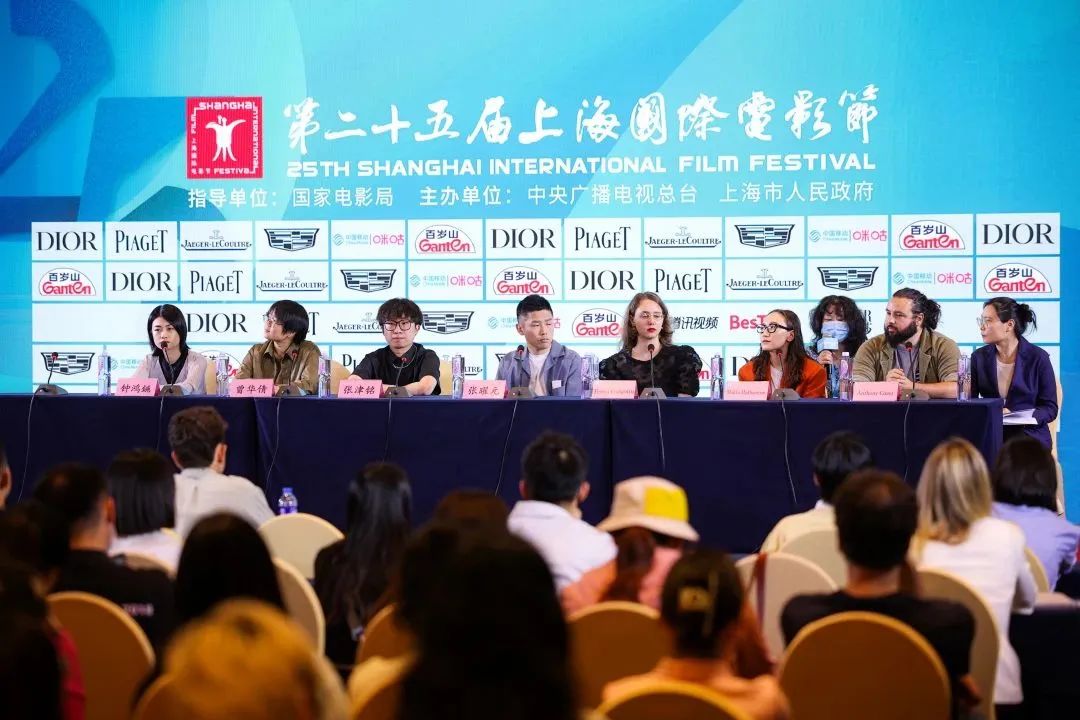
Compared to the rigor of feature film creation, short films show more spontaneity and freedom in expression. The inspiration for the stories may come from the mundane routines of everyday life, an unexpected experience or discovery in life, or profound insights gained after crossing life’s hills.
SUMMER KNOWS tells the story of Huihui, a six-year-old naive girl, experiencing life’s predicaments for the first time during a sudden family change. Zhong Hongshi, the director, said that SUMMER KNOWS symbolizes summer, and it also represents “knowing.”“The little girl grew up this summer. However, we don’t know when and how she grew up, perhaps only ‘summer’ knows,” Zhong said, explaining that this was the metaphor she set up in the film.
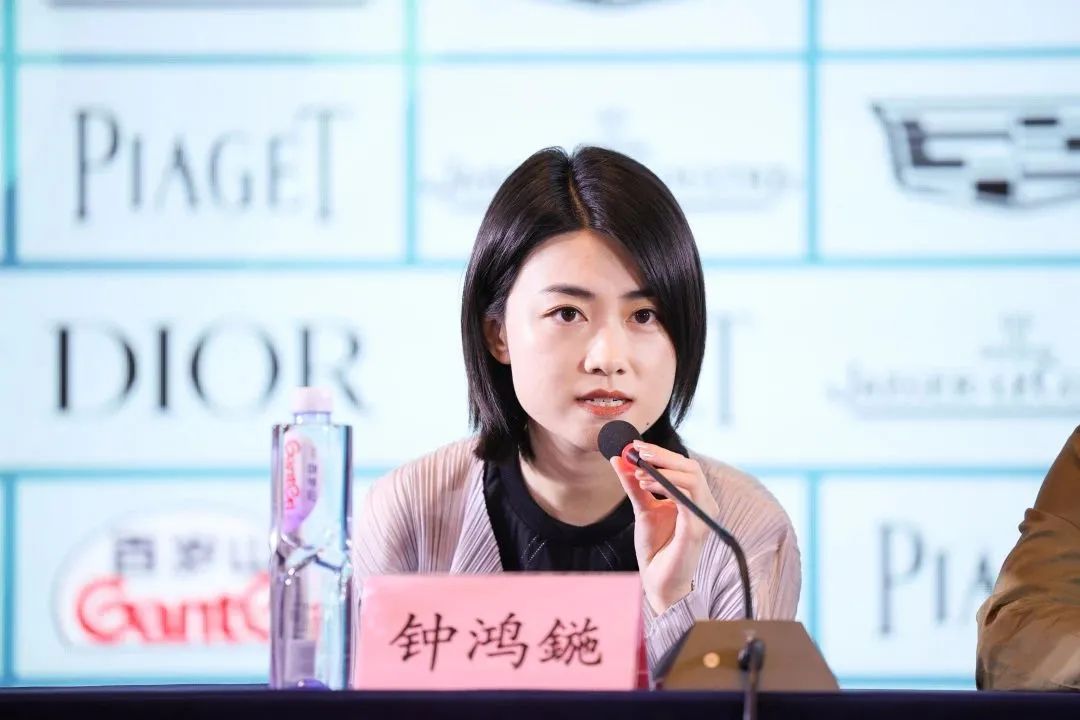
THE LONG JOURNEY observes the “peculiar” relationship between a mother and a grandmother living under the same roof from the perspective of a daughter. The director, Zeng Huaqian, explained that the narrative is based entirely on her own family, with the characters being modeled after her mother and grandmother. “Their personalities are very different, but they’ve lived together for over fifty years. What intrigued me was, why, despite their constant conflicts, can they still live together? Is theirs a relationship of control and being controlled? It doesn’t seem so. It seems more like a symbiotic relationship.” Consequently, Zeng Huaqian decided to pick up the camera and document this interesting “mother-daughter” pair through her eyes.
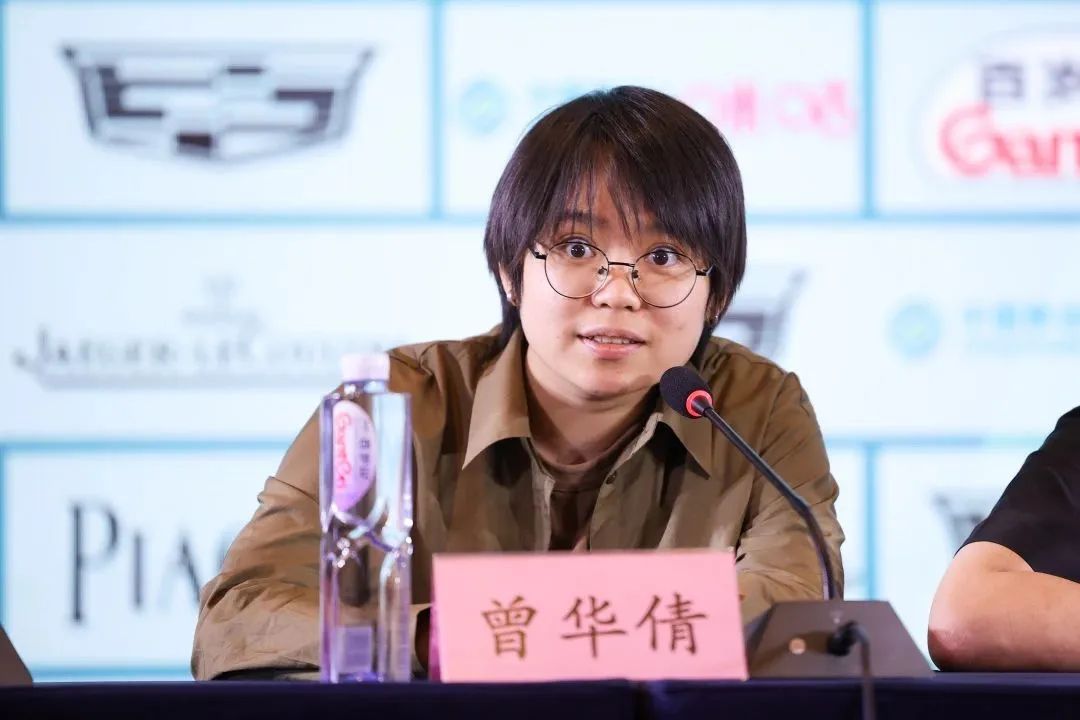
COLD SPELL IN LATER SPRING unfolds around a seemingly accidental female suicide event. The unfathomable character motivations and plot developments imbue the entire film with a peculiar and absurd atmosphere. Director Zhang Jinming revealed that the characters and story in the work are not fictional. “They exist in the real world. They are a group of marginalized youth not typically seen by the general public,”he said. He emphasized that in order to trace the “source” of the story, the crew conducted extensive field research. “We met many distraught parents, found grotesque growing environments, and the misunderstood values of these young people. Initially, you might find it absurd, even laughable, but when you put everything together, we realize that such a group needs to be seen, and their voices need to be heard.”
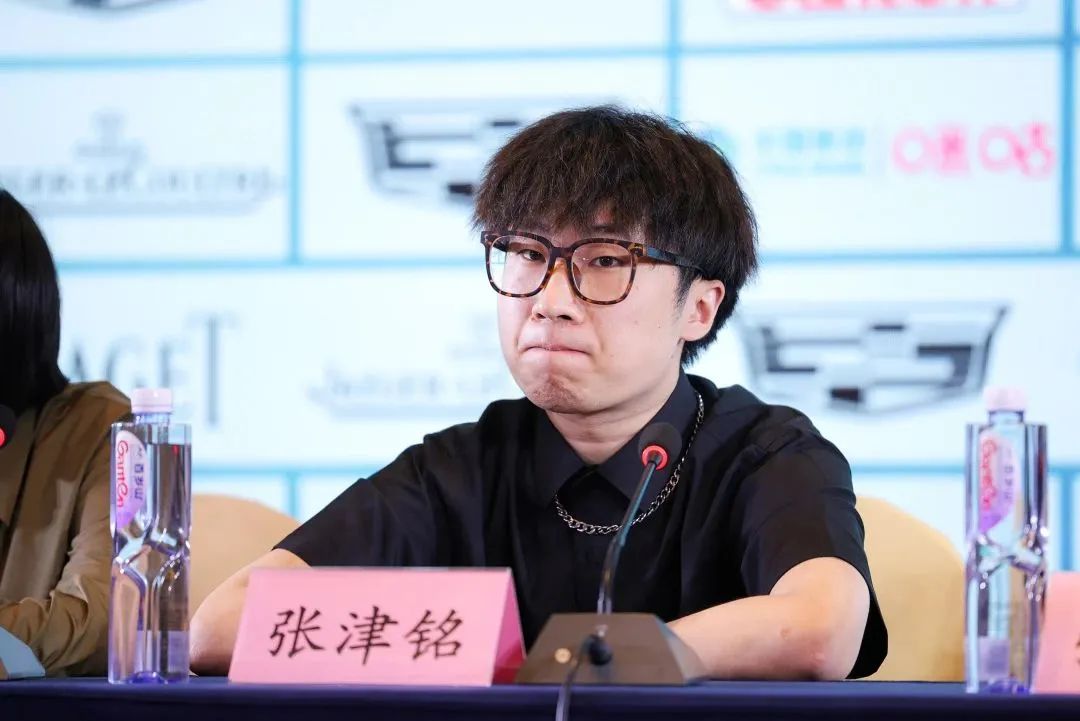
HALF TIME is a documentary-style piece that reflects the current status of Chinese workers in Japan. It originated as a school assignment by the director, Zhang Yaoyuan, while studying at the Tokyo University of the Arts. He revealed that over the years, he had been shooting documentaries about foreign workers in Japan. HALF TIME features a selection of characters and stories from this context, in an attempt to draw more attention to Japan’s labor employment system. He indicated that there’s a considerable amount of blank space in the short film, and as for the final answer, he intends to leave it in the hands of the audience to uncover and assess.

I WANT TO SHATTER THE GREENHOUSE (Vreau să sparg sera) describes the decisions and choices of a father and daughter who successively develop amyotrophic lateral sclerosis (ALS) due to inheritance and now face a turn of fate. The director, Teona Galgotiu, formerly a theater director, employed abundant dramatic treatment in the film. For instance, the meticulous camera movements as the heroine steps into her father’s room create a palpable sense of suffocating unease, despite that we are not present at the scene. She noted that although the ALS subplot is fictional, the way the daughter and father express their emotions towards each other is based on her own personal experiences.
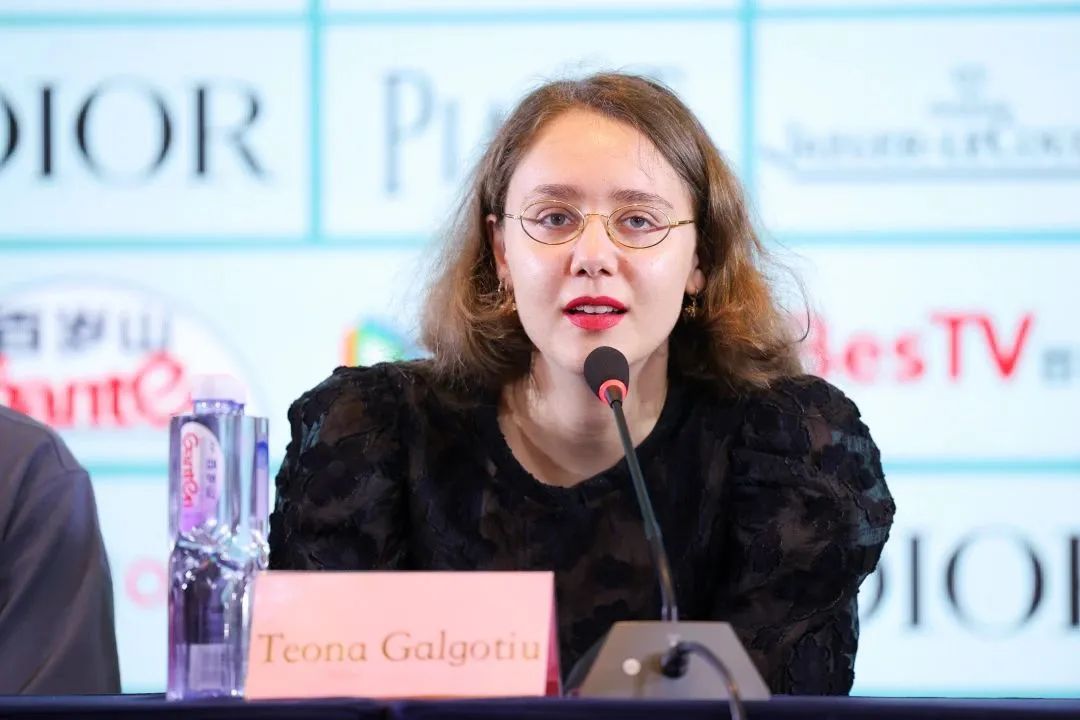
THE SWALLOW, directed by Malika Mukhamejan from Kazakhstan, uses the migratory nature of swallows to reflect on the phenomenon of “people in the city wanting to leave, and people outside wanting to come in.” She remarked that in recent years, many young Kazakhs wished to see the world outside, while many Europeans were drawn to the beautiful prairies of Kazakhstan. The film articulates the director’s observations from this perspective.
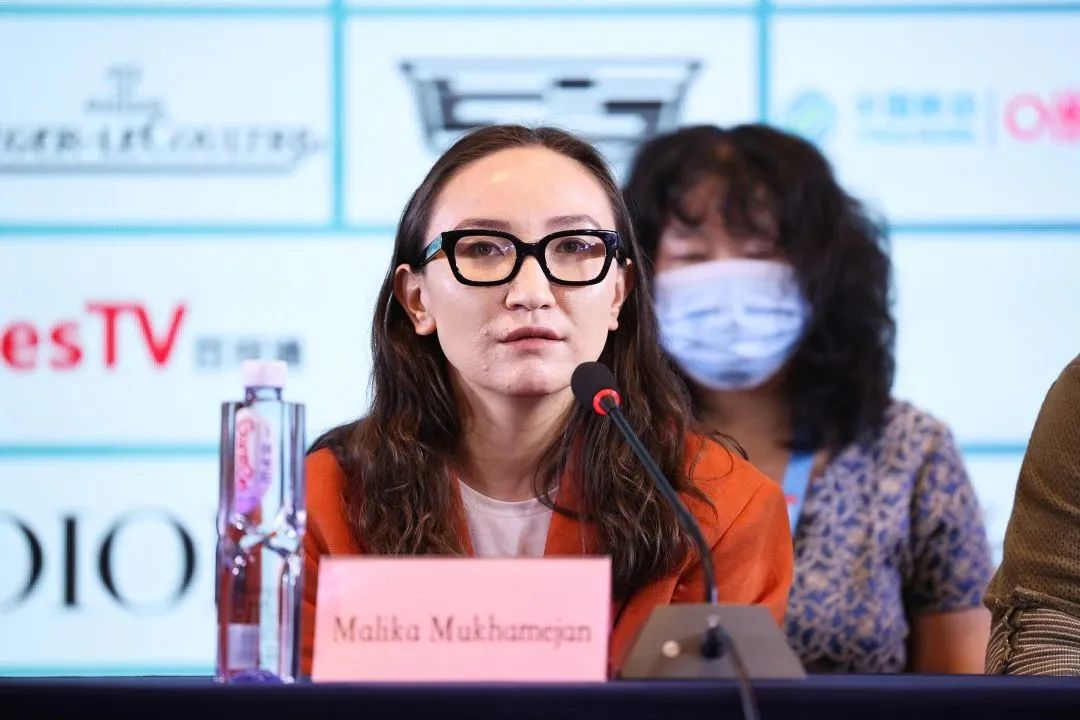
THE FISH WHO’S DREAMING OF BEAUTIFUL OCEANS - BUT HAS TO PUT UP WITH AN OLD BOWL (Le Poisson Qui Rêve Des Beaux Océans -mais qui se tape un vieux bocal) draws its storyline from an incidental experience of the director, Anthony Cazet. A decade ago, while planning a trip, he randomly clicked on a coordinate on Google Maps, only to discover it was in the middle of the sea. “Perhaps it was fate that was pointing me in a direction,” he mused. Thus, he incorporated this inspiration into a love story associated with the ocean.
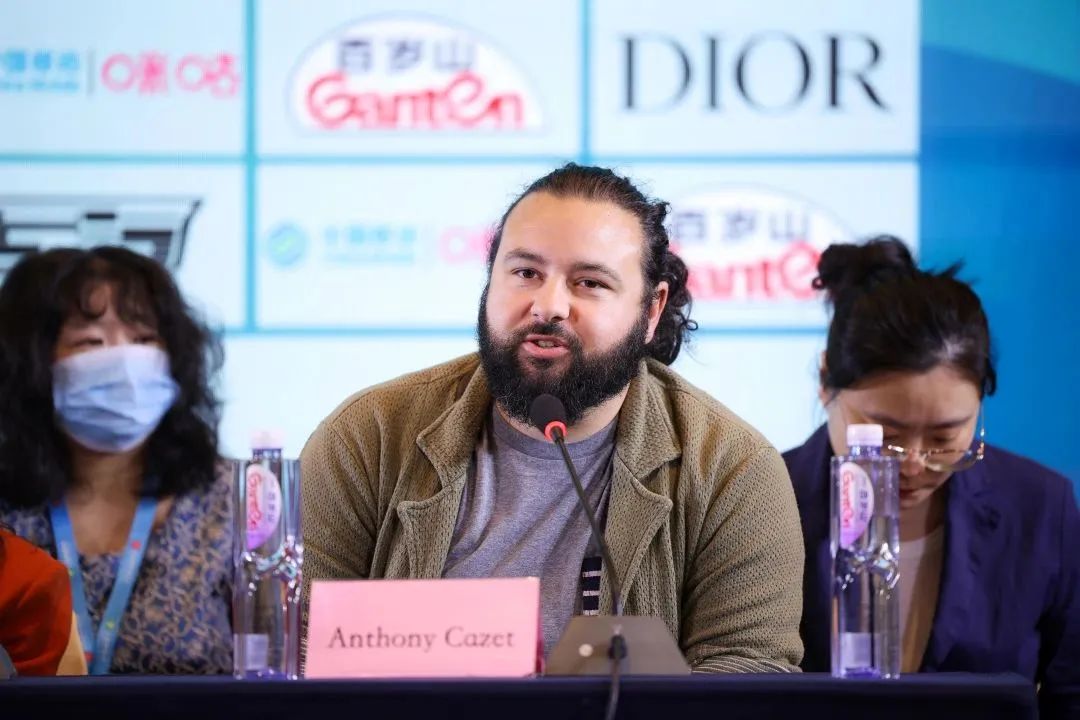
Breaking Traditional Boundaries, Unleashing Infinite Imagination
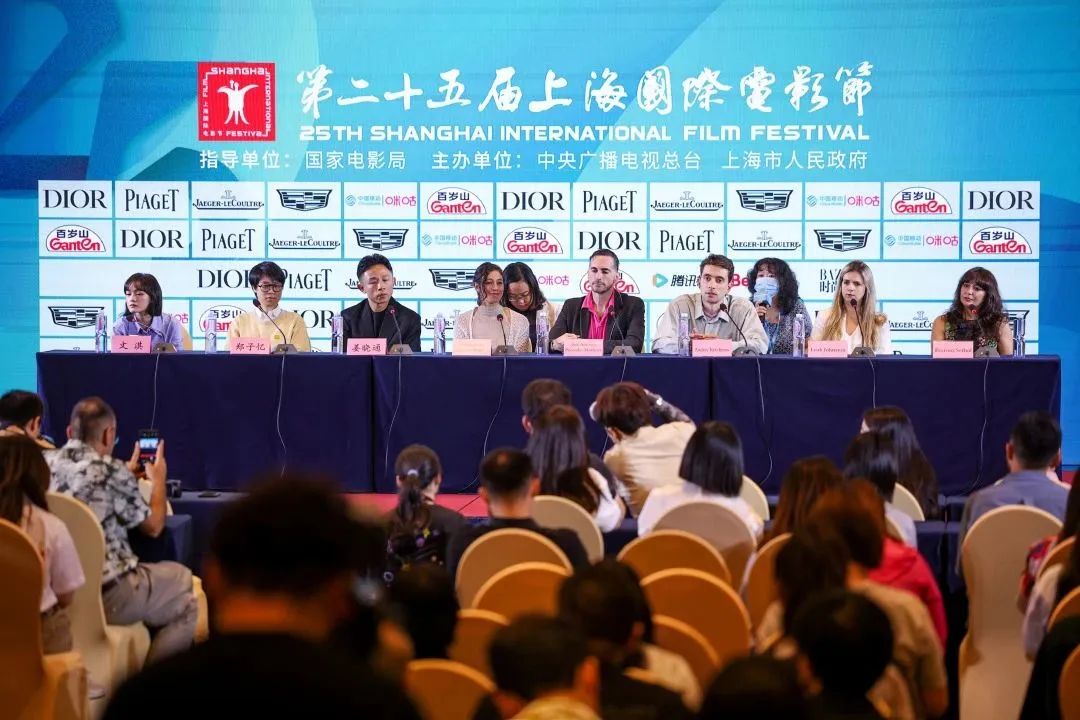
Apart from seeking inspiration from personal experiences, the audacity to break conventions and venture off the beaten path has become a frequently used “secret recipe” for short film directors. When discussing the creation process of QUESTIONS TO HEAVEN — the creator’s first self-directed and self-acted work — Wen Qi said, “(We) live in a state of contradiction every day.” The first time she took up the director’s baton, she discovered that the perspectives of the director and the actor can be different and, at times, contradictory. Collaborating with her friend Zheng Ziyi on this occasion, she learned how to scrutinize a work from a holistic viewpoint, rather than being confined to a particular scene at present.


In contrast to the absurd realism in COLD SPELL IN LATER SPRING, GIFT embarks from the perspective of “the inherent goodness of human nature,” accomplishing a character metamorphosis from robber to hero. The director, Jiang Xiaotong, believes in the power of beauty and ideals at all times. Even though the “utopia” in the film is fictional, “as long as you believe in its existence in your heart, you will plant a seed of kindness deep within,”Jiang said.
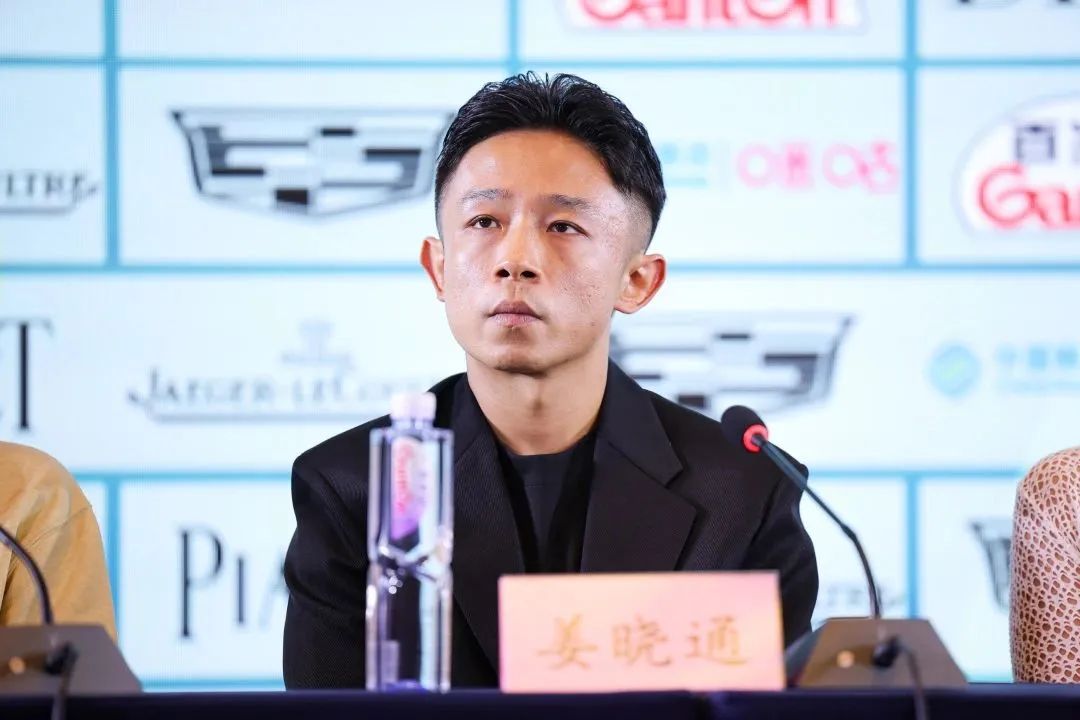
The director of the short film WIRELESS, José Antonio Puchades Martinez, along with his two artist partners, endeavored to manifest their unique creativity by fusing puppetry with live performance. He said they had always aspired to create a work themed on puppet culture, yet couldn’t find a fitting mode of expression. One day, they chanced upon a story about a puppeteer, which instantly became the “heart and soul” of their film.
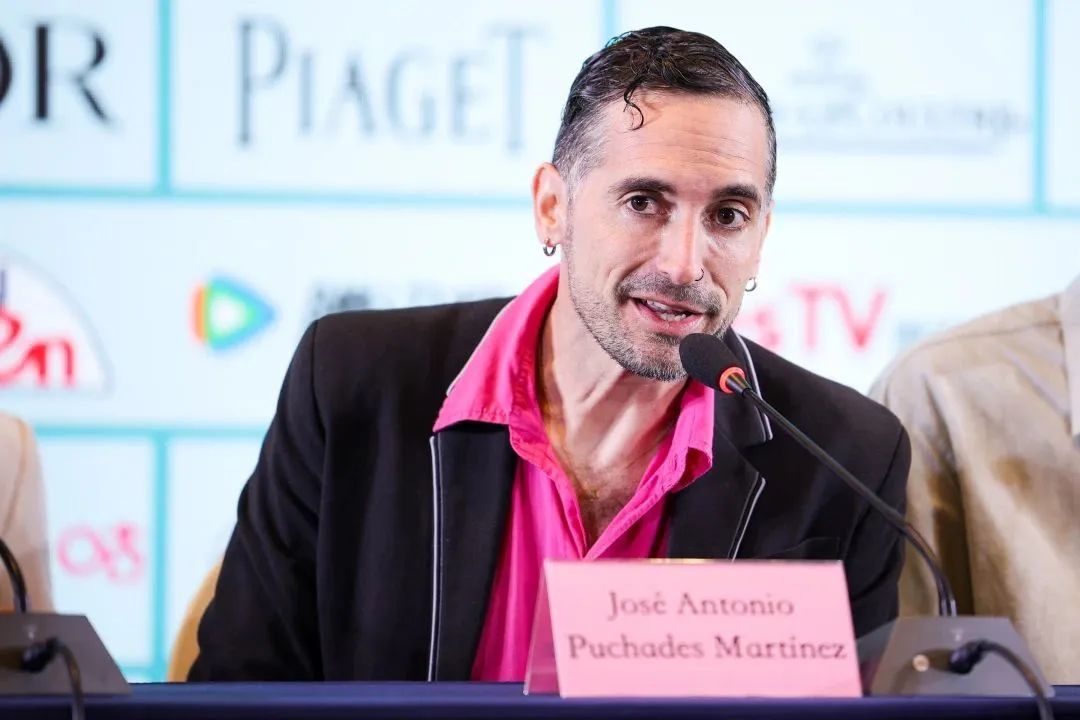
THE HOUSE WE HAD presents a distinct visual composition. The square framing causes the characters and scenery within to seem particularly constricted. The director, Andrey Krechetov, explained that the outstanding trait of this work is the concept of “smallness”— small towns, small houses, and minor characters. “The square frame compresses the scene, enabling intuitive recognition of this ‘smallness,’“ Andrei noted. He said there are many similar techniques in the film and hopes that the audience will discover these ingenious elements.
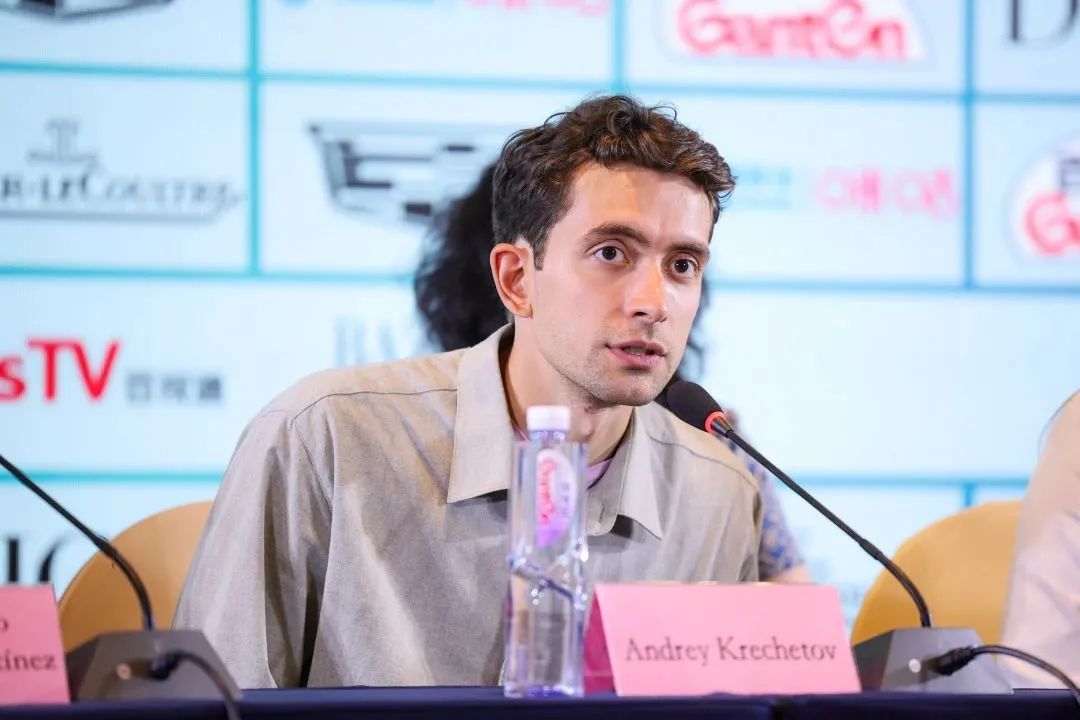
MOTHER’S SKIN is another film brimming with strong metaphors. The protagonist is a six-year-old girl who has to face her depressed mother and an alcoholic, quick-tempered father every day — circumstances that make her yearn to escape from her family. Director Leah Johnston explained that the “mother’s skin” here is a metaphor for a man’s controlling desire. Yet, in the film, she strived to maintain a sense of “restraint.” “Although the film has some satirical undertones, I still wanted it to appear more realistic,” Johnston said.
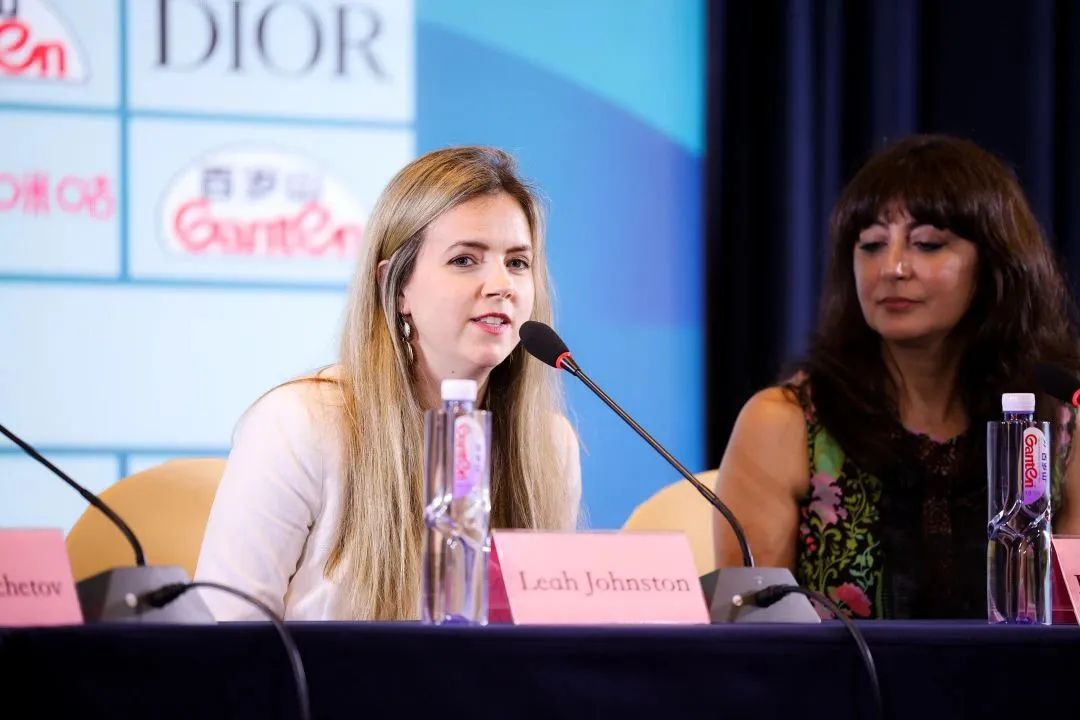
I COME FROM THE SEA whisks the audience away on a romantic adventure tale, depicting the magical experiences of three truant children in an unfamiliar city. The director, Feyrouz Serhal, first “clarified” the connection between herself and her work, saying, “I was very diligent when I was in school, and I never skipped classes.” She then pointed out that the various issues faced by the children in the story are common to everyone’s growth process. She merely presented them in a romantic and adventurous way.
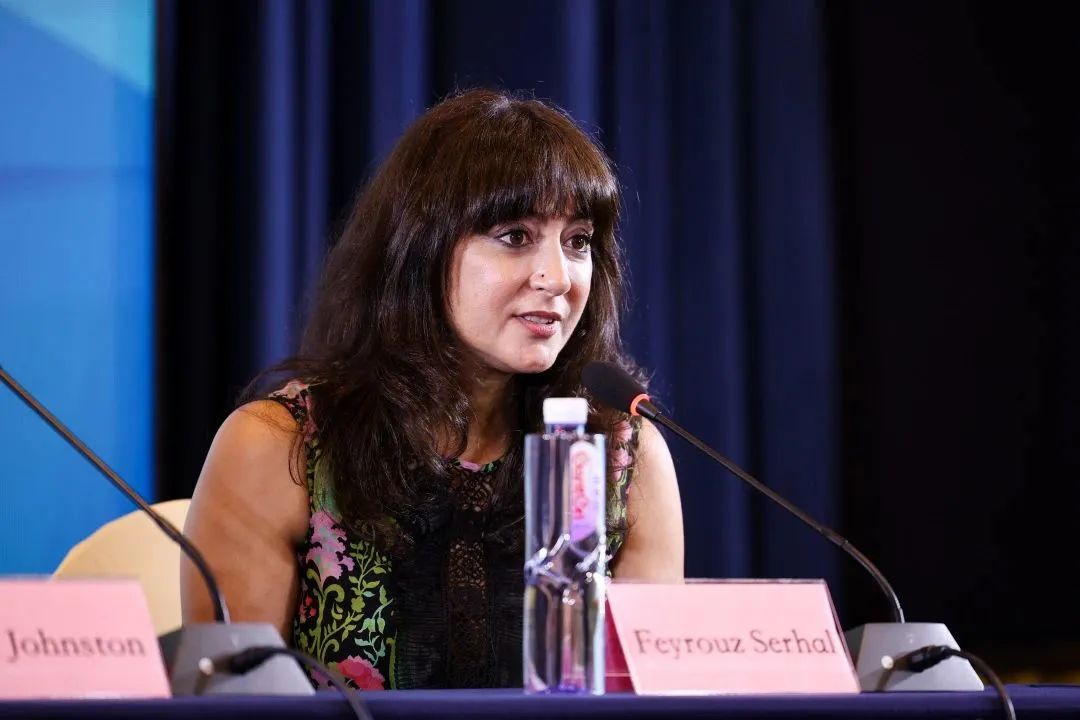
Expressing a Fantastical World with Minimalist Techniques
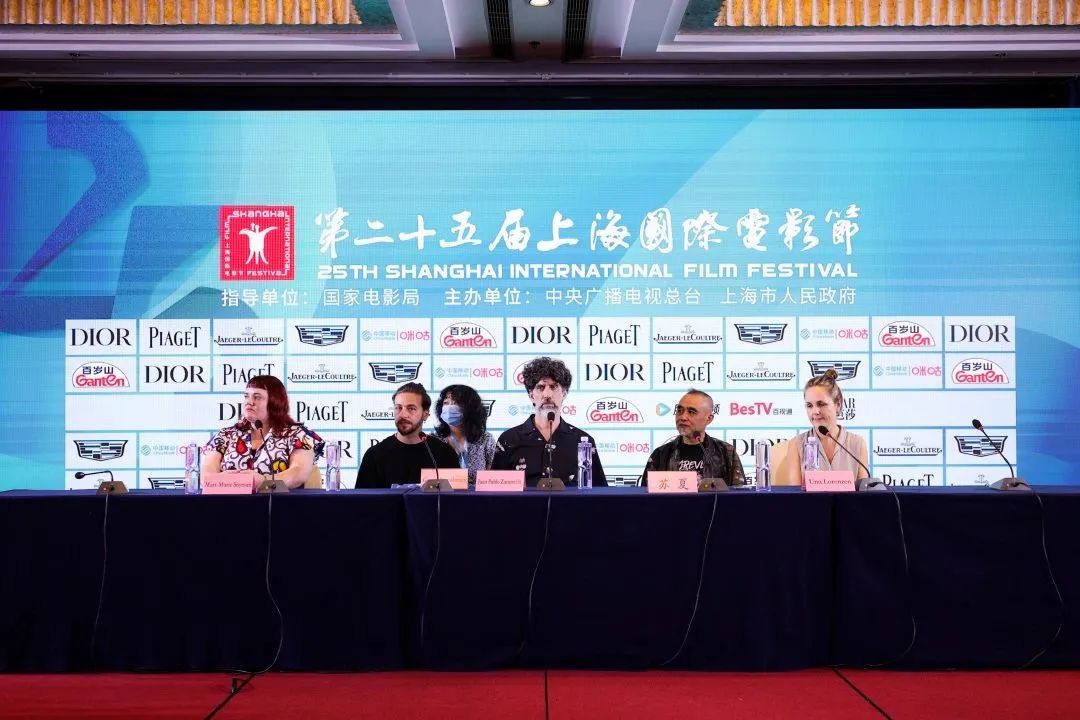
If live-action shorts allow audiences to encounter various characters and stories from the real world, then animated shorts craft a vibrant two-dimensional universe for viewers. LAST WORD conveys the creators’ concerns about the disappearance of languages via the story of a lonely woman seeking someone in the city who speaks the same language as herself. It calls for people to save and protect language diversity. The film’s sound director, Matt-Marie Snyman, said that language gives her immense cause for imagination. “These days, I’ve been listening to the language on the streets of Shanghai. I am particularly fond of Shanghainese, which sounds as beautiful as music,” she said, expressing her hope that more people could appreciate the charm of language.
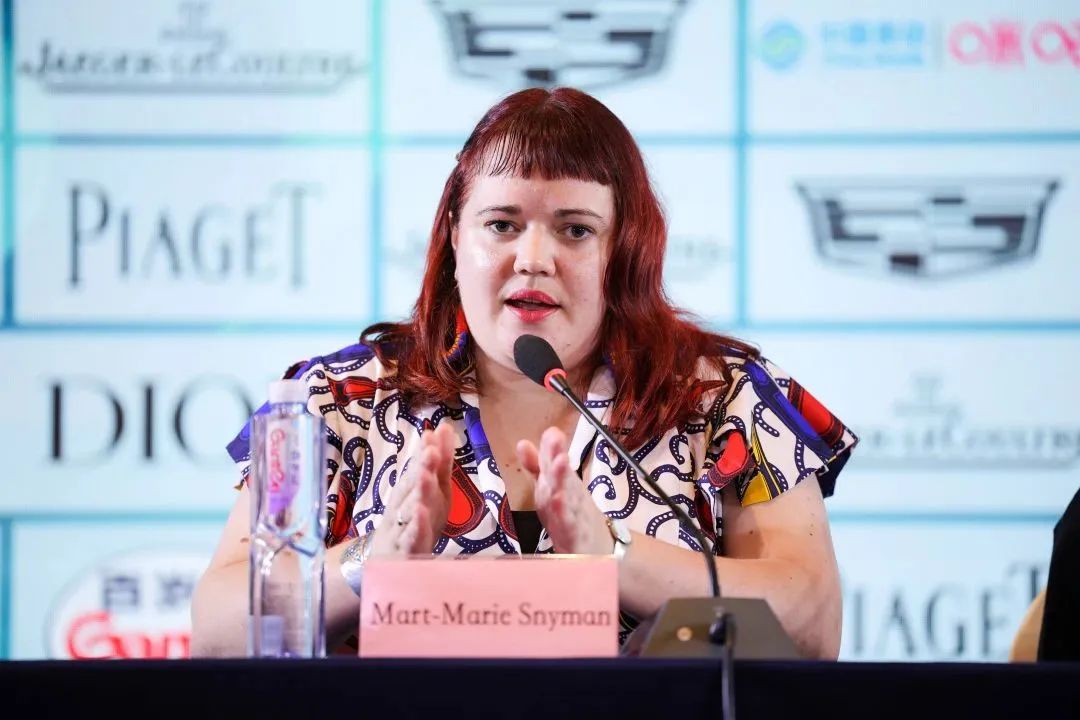
STOLEN MELODY is another work filled with ingenious ideas. This animation illustrates all known ways of “stealing” melodies. Director Georgy Boguslavsky said that over the past three years, people’s lifestyles have drastically changed, opportunities to enjoy music together have become increasingly scarce, and delightful melodies that should appear in life seem to have been “stolen.”“This animation is an observation and record of this phenomenon,” he added.
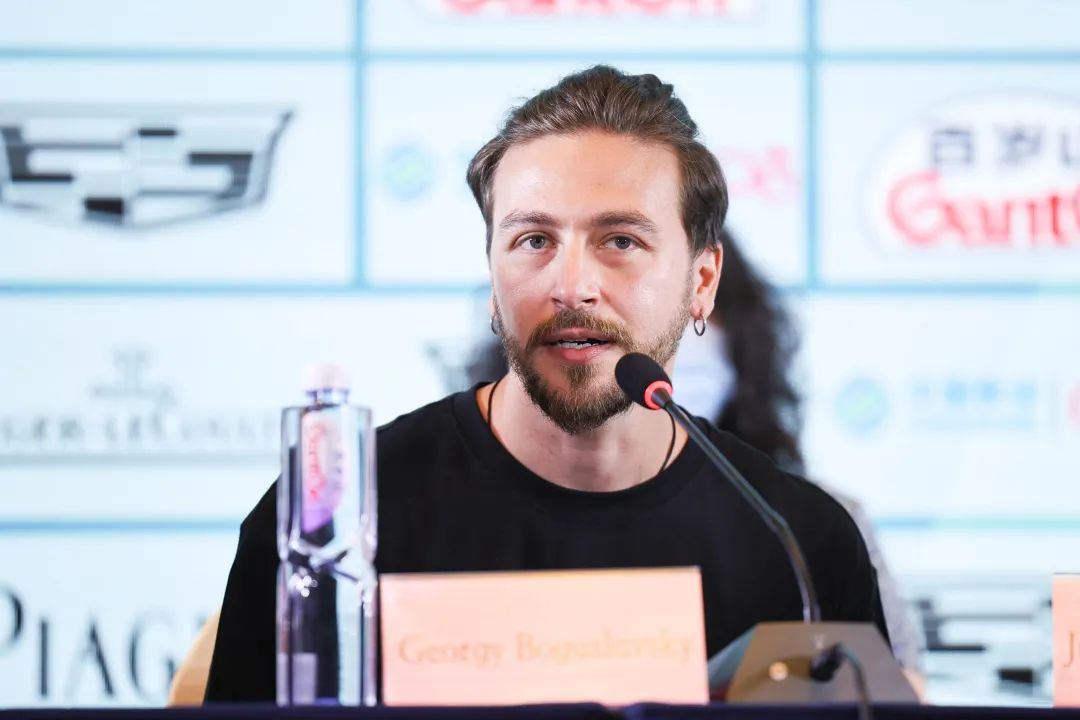
“PASSENGER” narrates the journey of a man travelling by train from a remote countryside to a bustling city, establishing brief connections with other passengers along the way. Facing the social norms they represent, he attempts to integrate his values with theirs after in-depth self-reflection. Director Juan Pablo Zaramella believes that people can only reveal their truest selves in a completely open public space. Here, without any concern for social relations and the roles they play within society, the “passenger” becomes the most natural attribute of people.
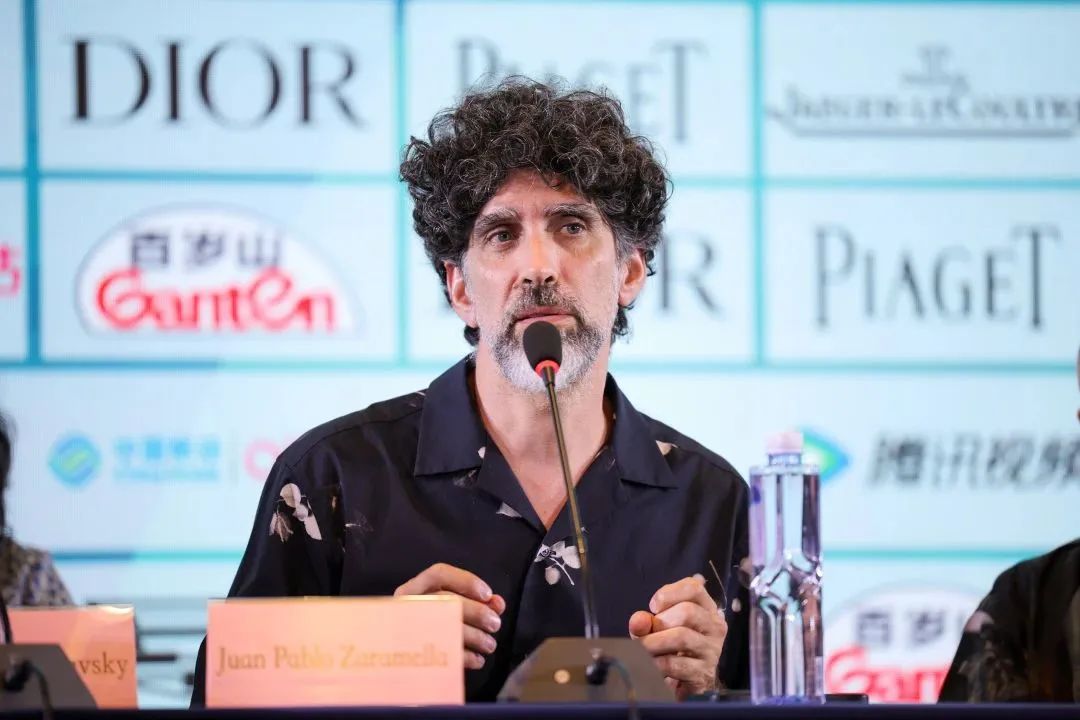
The director of THE BEE AND THE FLY, Su Xia, is a regular at Shanghai International Film Festival. He was previously nominated for the Golden Goblet Awards in the short film category for GOLD IS EATING PEOPLE. THE BEE AND THE FLY is the second part of his “Quartet on Human Nature,” primarily satirizing the societal aberrations resulting from human greed. Su Xia insists on employing traditional Chinese cultural elements and techniques in his animation, such as ink wash painting and shadow puppetry. This time, he also draws inspiration from the blue of blue-and-white porcelain and cinnabar in Chinese painting, presenting the work in the format of a thread-bound book and giving it a strong sense of Chinoiserie.

CHASING BIRDS depicts a group of people from a parallel universe gradually merging different worlds through a series of events, a truly peculiar scenario. The director, Una Lorenzen, suggests that it’s an incredibly cognition-subverting piece. “We constantly need to transcend our spatial dimensions to contemplate issues, as well as balance the boundaries between the animated and the real world, which is a very challenging task.”








